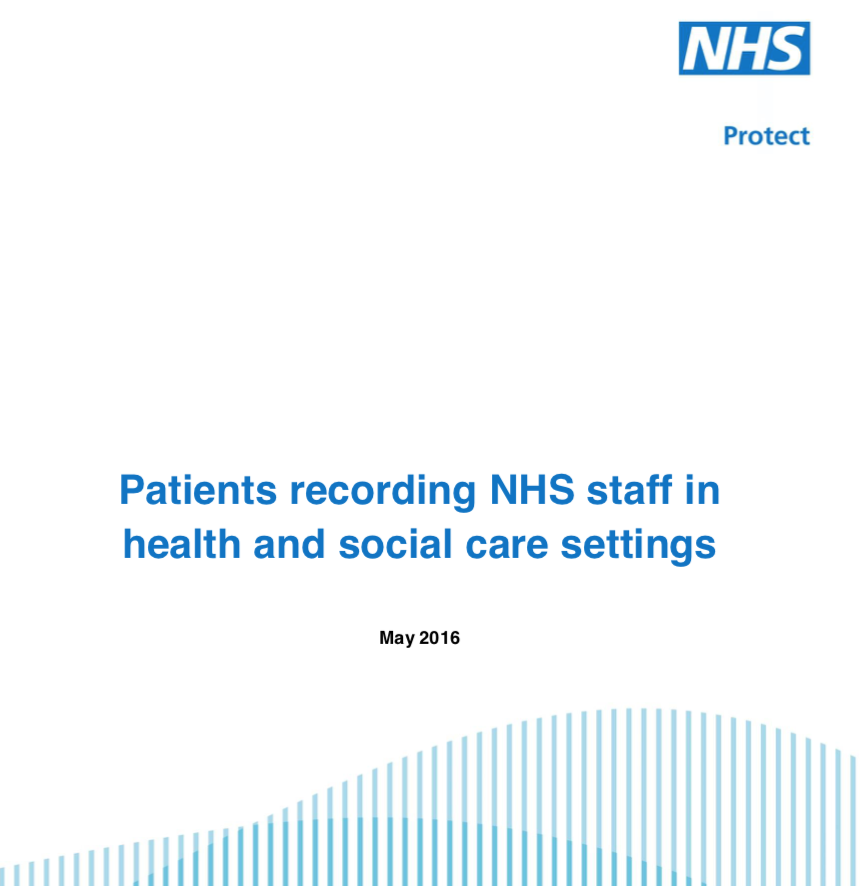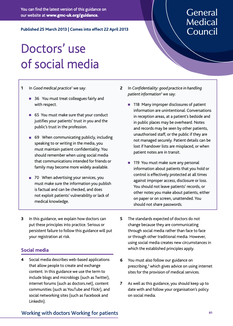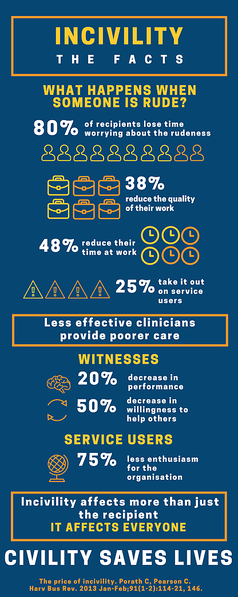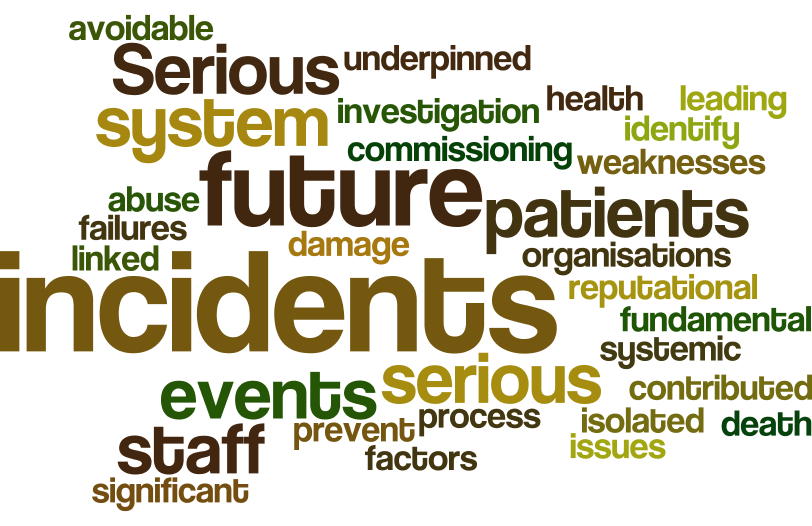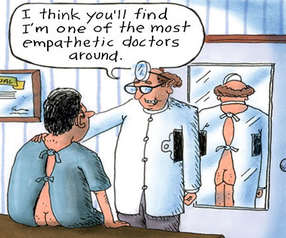|
I attended a recent study day, and one of the speakers was from the GMC. The GMC has numerous publications, and it can be challenging to keep up with all the guidance. We discussed 2 topics, one which I knew nothing about and thought I'd share. Patients recording NHS staff in health and social care settings
Doctors' use of social mediaThis is an important guide to be aware of, as social media is increasingly becoming more and more part of our daily practice. The use of social media is not limited to Facebook! There are very few teams now that do not make use of a messaging app, and we should make sure we maintain patient confidentiality.
There are many new apps available marketing themselves as "NHS compliant", "GMC compliant" for communication use between clinical teams. They may well replace the bleep / referral system one day! Have a look: https://www.siilo.com/ https://forwardhealth.co/ https://www.hospify.com/ These may well be a better option than WhatsApp... NBothma
0 Comments
Incivility affects everyone. How does it make you feel when someone is rude to you? Research shows that mild to moderate rudeness results in 60% reduction in cognitive ability (your bandwidth) following the event. A fine example of this effect is the delayed reaction by your brain when you think about how you should have reacted in the moment when someone was rude to you about half an hour later. And then you feel disappointed that you couldn’t think of this sharp reaction at the time!
Incivility also affects on-lookers. 20% of on-looking staff have a decrease in performance and 50% will have a reduction in willingness to help others. When patients and relatives in the area witness incivility between staff members, 75% will have less enthusiasm for the organisation and 65% will be anxious in dealing with the staff.
Our natural reaction as human beings are to react defensively, perhaps we think of it as protecting ourselves. So, next time when you are trying to refer a patient to another team and you have a rude response, think about your reaction. Before you are rude in return, think about the effect of incivility on the individual and on-lookers and ultimately on patient care and patient safety. Rather than rising to the same level of rudeness, we should appreciate that there may be a reason for the other person’s behaviour and perhaps ask them “Are you OK? You don’t seem like yourself”. Perhaps offer them a cup of tea... We should not expect rudeness in our day to day professional interactions, and we should certainly not be rude to others. If you're rude, you automatically make your team perform worse. 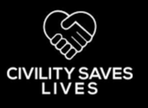
Please go to the Civility Saves Lives website for more reading https://www.civilitysaveslives.com/ http://www.bota.org.uk/hammer-it-out/
N Bothma
A whole team of dedicated professional staff were looking after her, and every member of that team was working hard to give her the best possible care. Despite this, she still received the incorrect dose of phenytoin. This post is intended to share learning and encourage staff to reflect on the human factors which contributed to this serious incident. Please read it carefully and consider how, despite best intentions, errors can easily occur, particularly during stressful and rare clinical scenarios.
"Being a good doctor requires an understanding of people, not just science."
Why might empathy fail in our day-to-day practice? (despite our best intentions) When we are... - tired - busy - seeing your last patient on a 12 hr shift - struggling with workplace conflict - recently had a bad outcome - having relationship troubles - feeling depressed It is important here to mention that it does not mean that we are evil or bad people when we are not empathetic. As you can see, there are many reasons why our empathy quotient may vary from day to day! We are but only human after all. We may be able to teach empathy, but if we at least have an awareness of the effect of our empathy on our patient interactions perhaps we will all be more satisfied. A few tips to keep in mind when interacting with patients 1. Sit down when talking to patients.
Casey Parker also talks about getting the VIBE from your patient consultation, and the ‘einfühlung’ - if you have 25 minutes to spare, listen to the podcast. Empathy is real.
|
Categories
All
The Derrifoam BlogWelcome to the Derrifoam blog - interesting pictures, numbers, pitfalls and learning points from the last few weeks. Qualityish CPD made quick and easy..... Archives
October 2022
|
